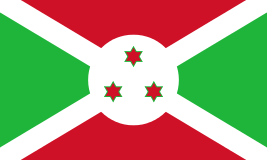
Visa and entry requirements Burundi:
Passport required
In principle, German citizens must apply for a visa before entering the country Embassy of the Republic of Burundi in Berlin necessary.
Visa costs: 65 euros
Information from the Foreign Office about your trip to Burundi:
https://www.auswaertiges-amt.de/de/burundisicherheit/222614
Burundi is a landlocked country in East Africa with around 12 million inhabitants. The state borders on Rwanda to the north, Tanzania to the east and the Democratic Republic of Congo to the west. The border with the DR Congo lies largely in Lake Tanganyika.
Burundi is one of the smallest countries in Africa, but still very densely populated. The country has the third lowest gross national product per capita in the world and around 45% of the population is under 15 years old. The country's official languages are Kirundi and French and the official national currency is the Burundi franc, where 1 euro corresponds to around 2,150 BIF. Almost 70% of Burundi's inhabitants are professed Catholics.
In the mountains of Burundi, with the highest elevation of Mont Heha at 2,684 meters, the Ruvuvu River, the southernmost source of the Nile, rises. The source of the Nile is located between Bururi and Rutana, around 45 kilometers east of Lake Tanganyika. Due to the tropical, humid climate, the country is also the perfect habitat for a diverse range of wildlife, such as leopards, lions, zebras, antelopes, baboons, hippos and crocodiles.
The largest cities in Burundi include Bujumbura, Rugombo, Buhiga, Gitega, Ngozi, Rumonge, Bisoro, Cibitoke and Kayanza.
According to the international Welthungerhilfe index, Burundi has been the poorest country in the world in recent years. With approximately 45% of the population suffering from hunger, the country ranks last out of 119 developing countries. Some reasons for this include massive overpopulation, lack of land and overexploitation of the soil.
Burundi's main export product is coffee. Tea, bananas, cassava, corn, sweet potatoes, rice, vegetables and millet are also exported. Despite the many mineral resources such as nickel, tin, cobalt, uranium, copper, platinum, vanadium, kaolin, gold, tantalum, lime and tungsten, no other raw material apart from tin has been mined profitably to this day.
The new capital of Burundi is Gitega with around 200,000 inhabitants. The city, located at an altitude of around 1,700 meters in the middle of the country, only replaced the city of Bujumbura as the capital of Burundi in 2018.
With around 550,000 inhabitants, Bujumbura is by far the largest city in the country. The city in the west of the small African state, at the northern end of Lake Tanganyika at an altitude of around 800 meters, remains the economic center of Burundi. Bujumbura has the largest inland port in the state of Burundi, from which a large part of the export products such as coffee, cotton, furs and tin ore are shipped via Lake Tanganyika.
The city's few attractions include the Regina Mundi Cathedral, the Rusizi National Park, the Livingstone-Stanley Monument, the Vivante de Jesus Christ Church, the city's landmark - the Monument de l'Unite, the Reptile Park, the Science Museum and the Vivant Museum.
In December 2015 I traveled to Burundi for the only time so far. Coming from Rwanda, I planned a day trip to Bujumbura, but unfortunately it had to be canceled at short notice. In the morning, a few days before the country's parliamentary elections, there were riots and street fights between various supporters in the then capital. Already during the approach and later at Bujumbura airport, all passengers were expressly asked not to drive into the city center. For my personal safety, I followed the advice and with a heavy heart decided not to leave Bujumbura airport until my onward flight to Nairobi in the evening.

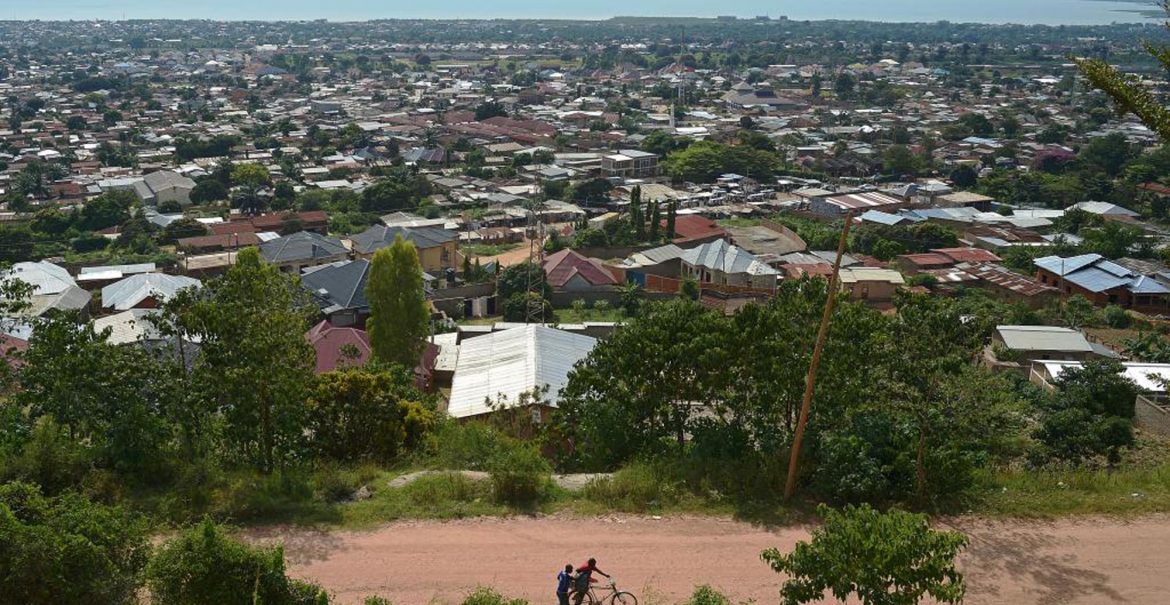
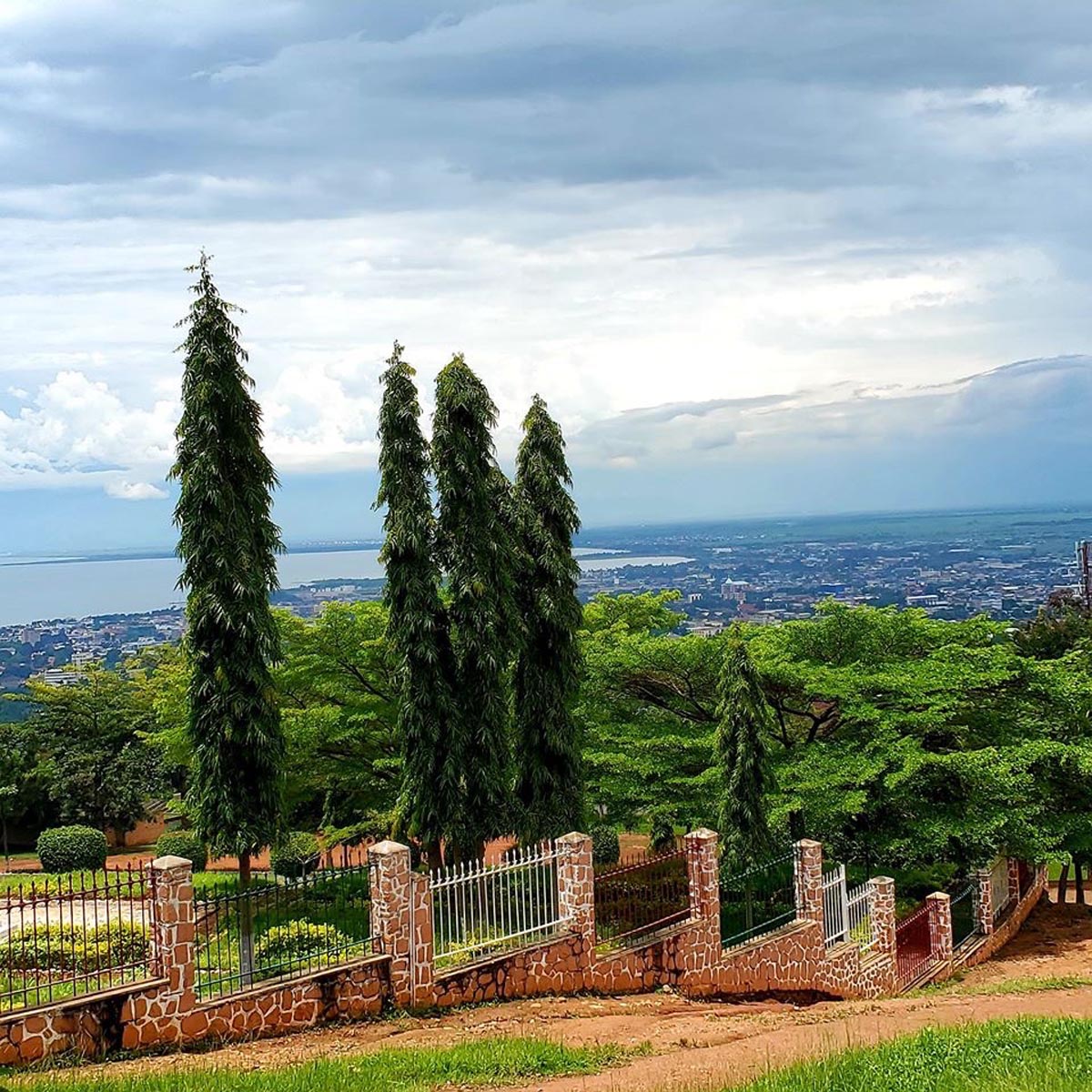
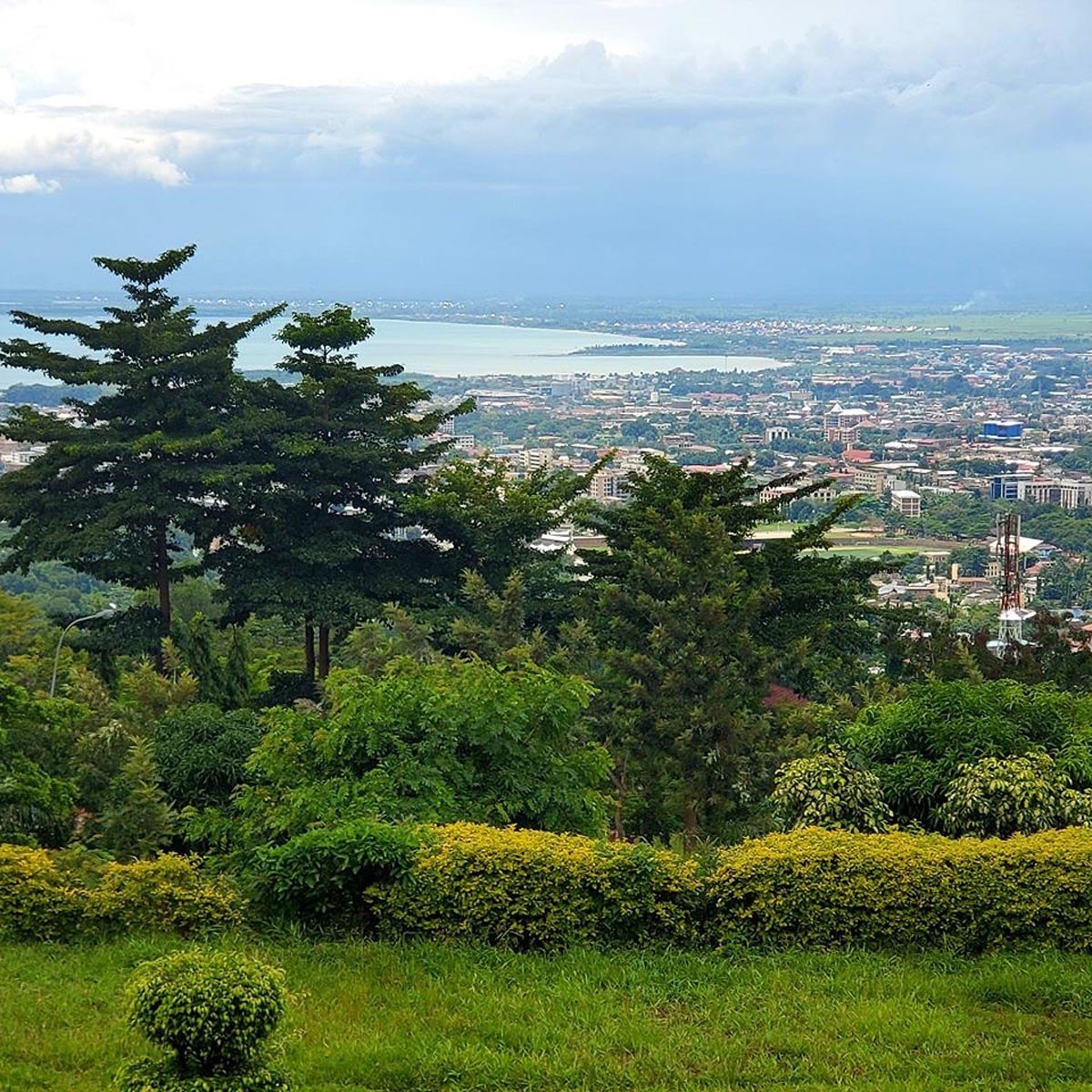
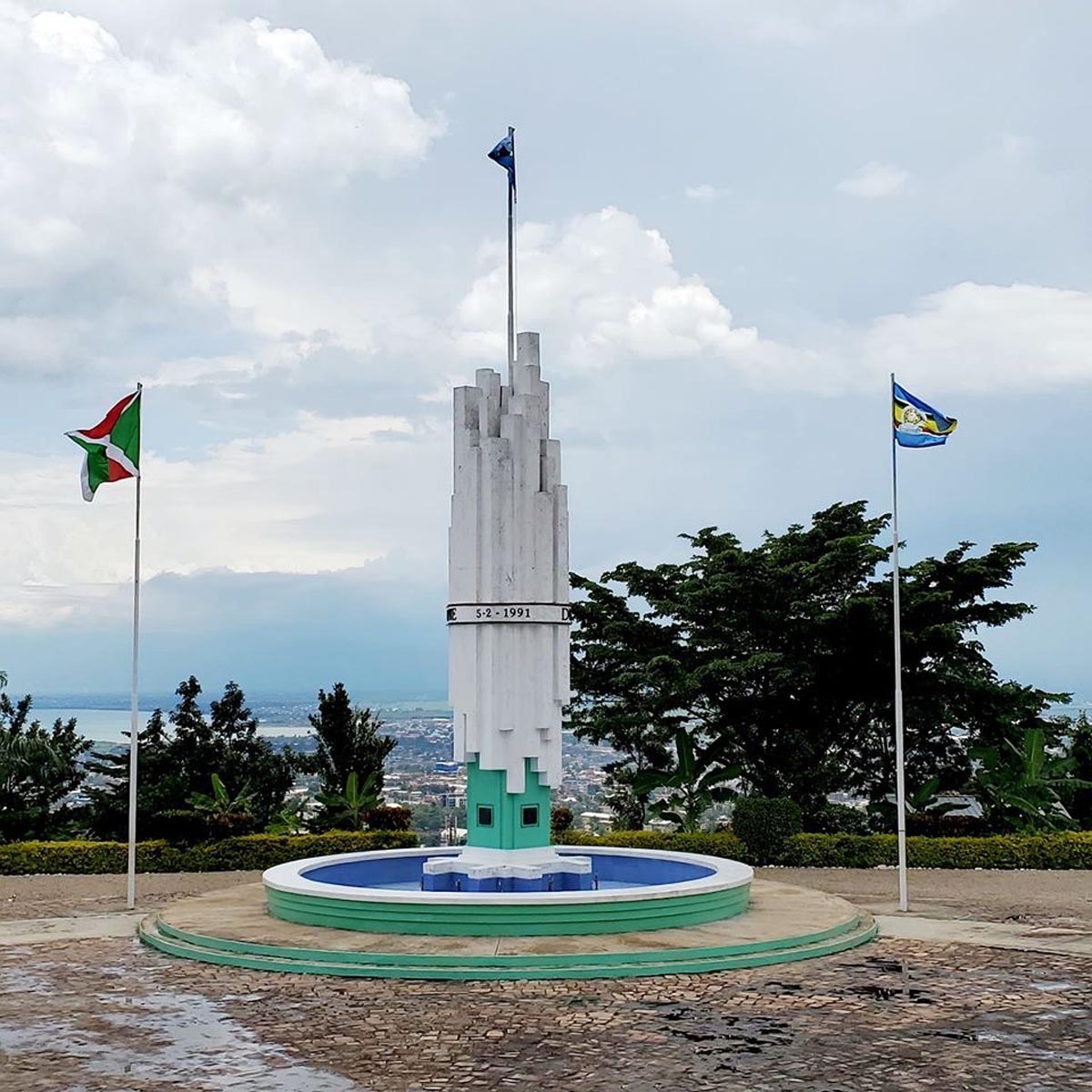
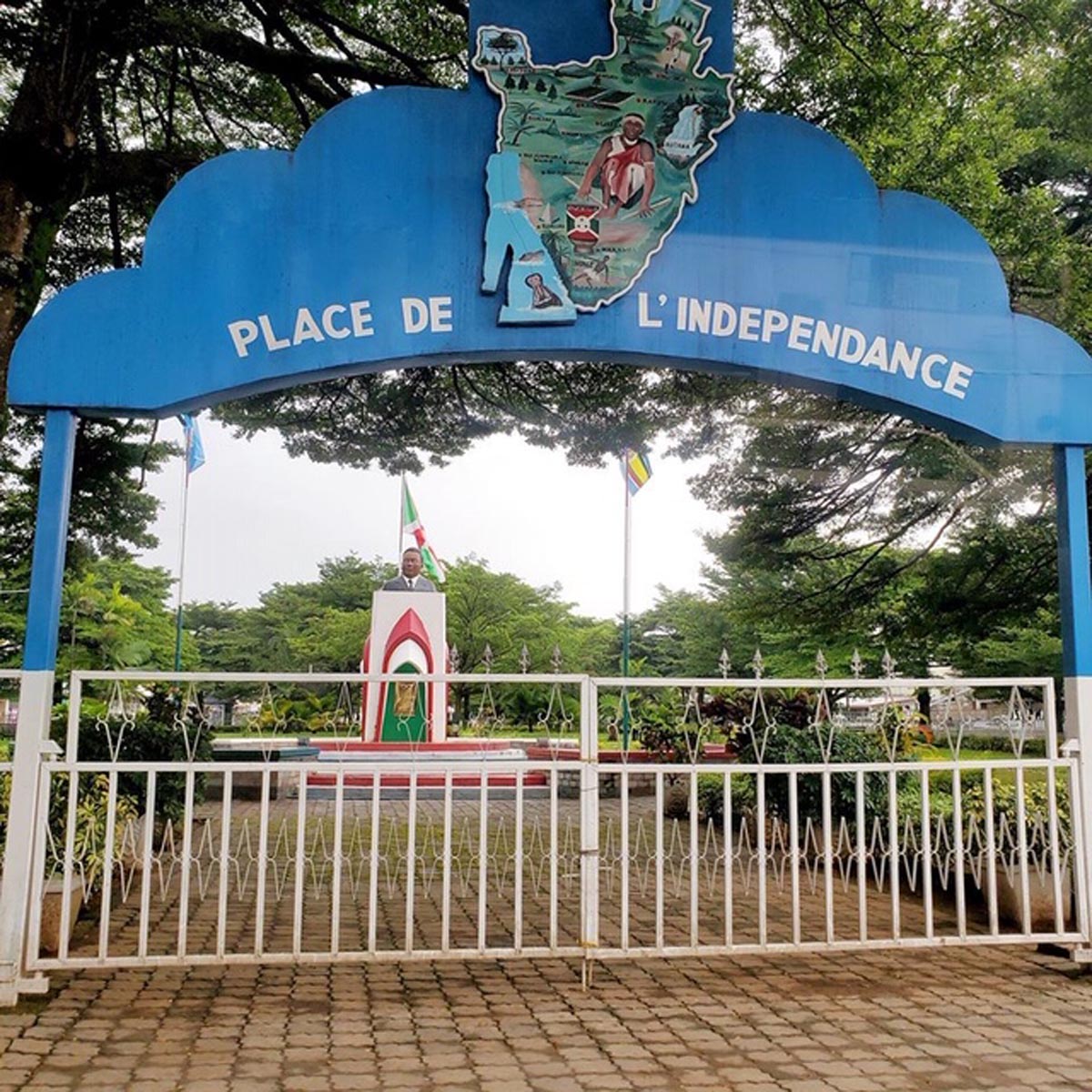
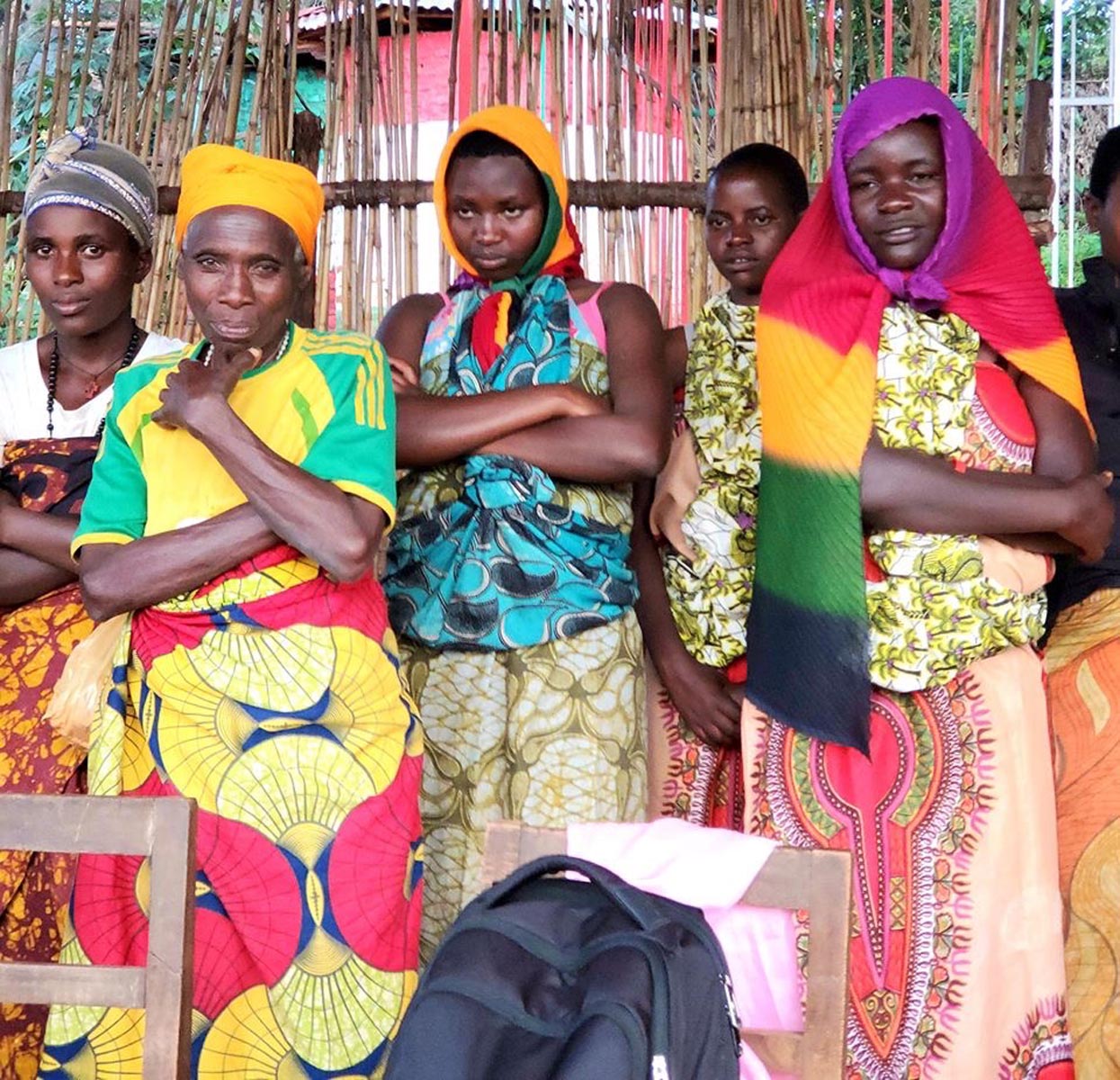
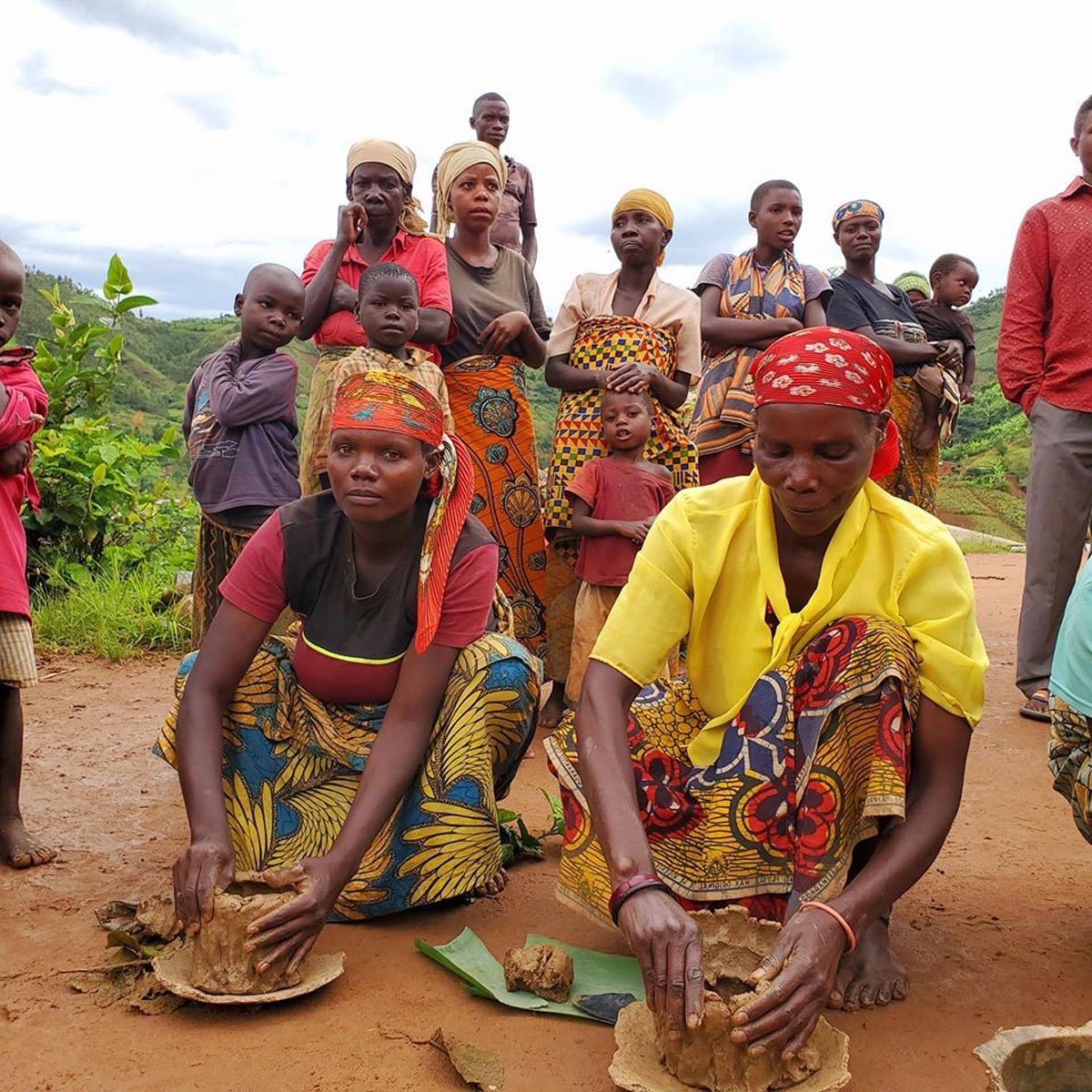
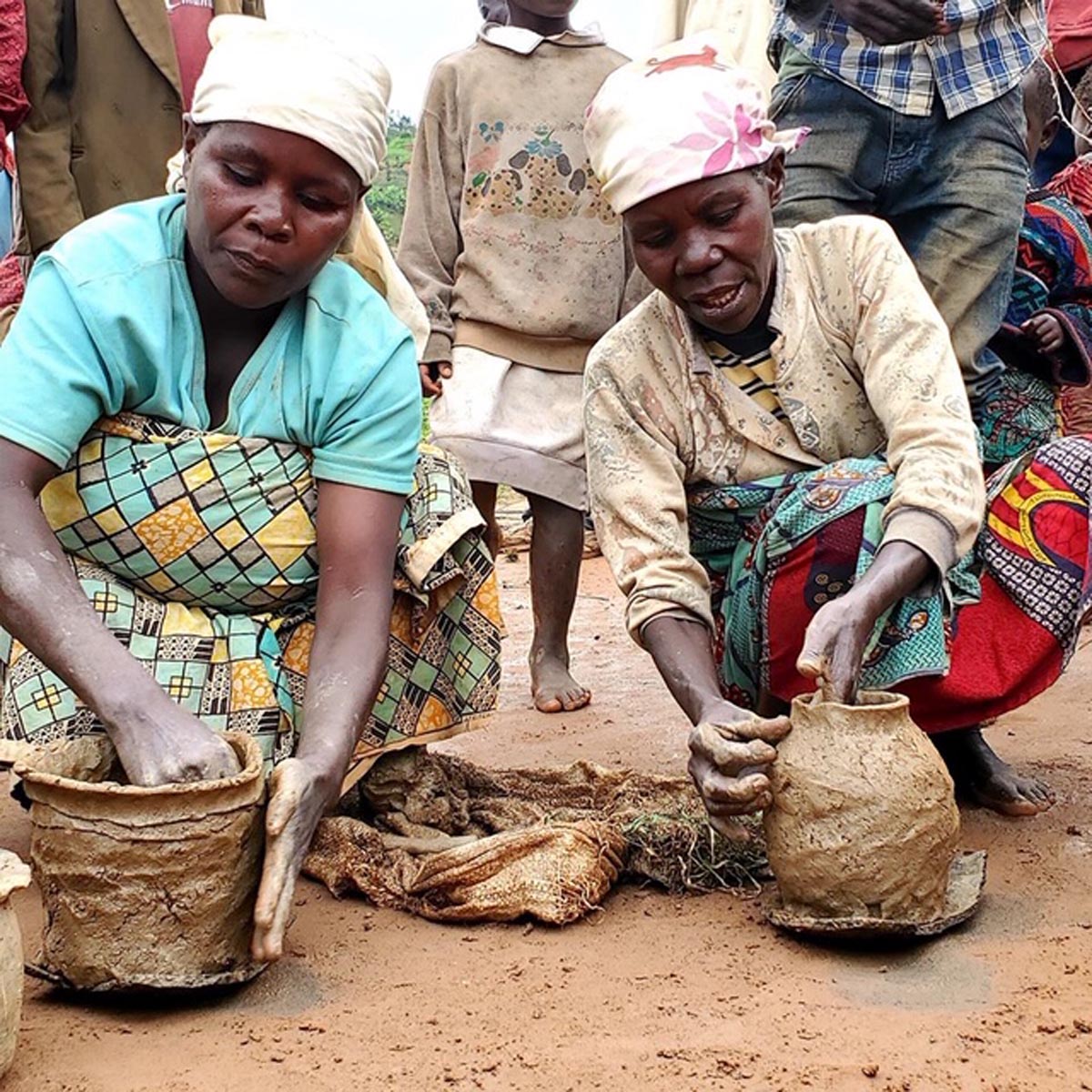
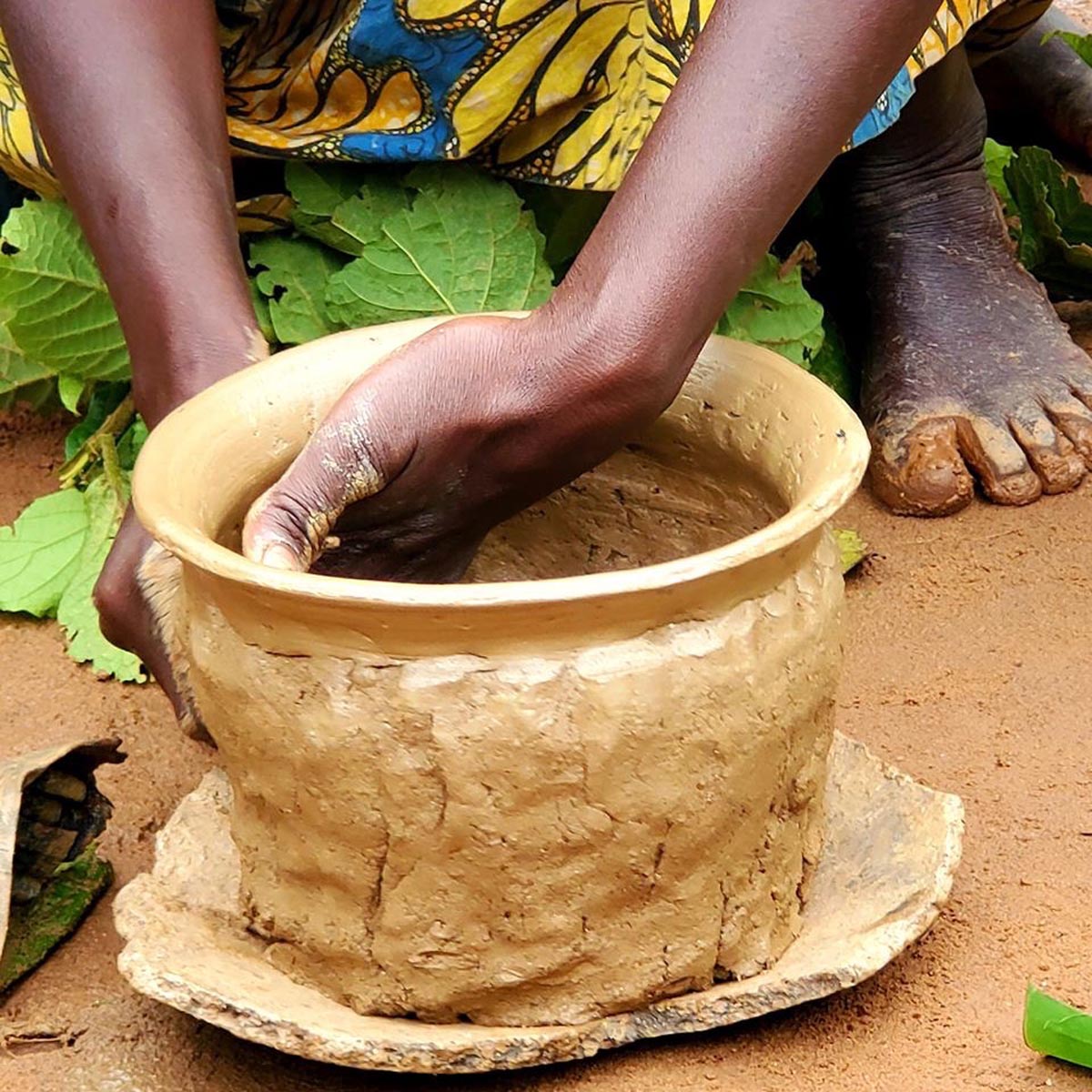
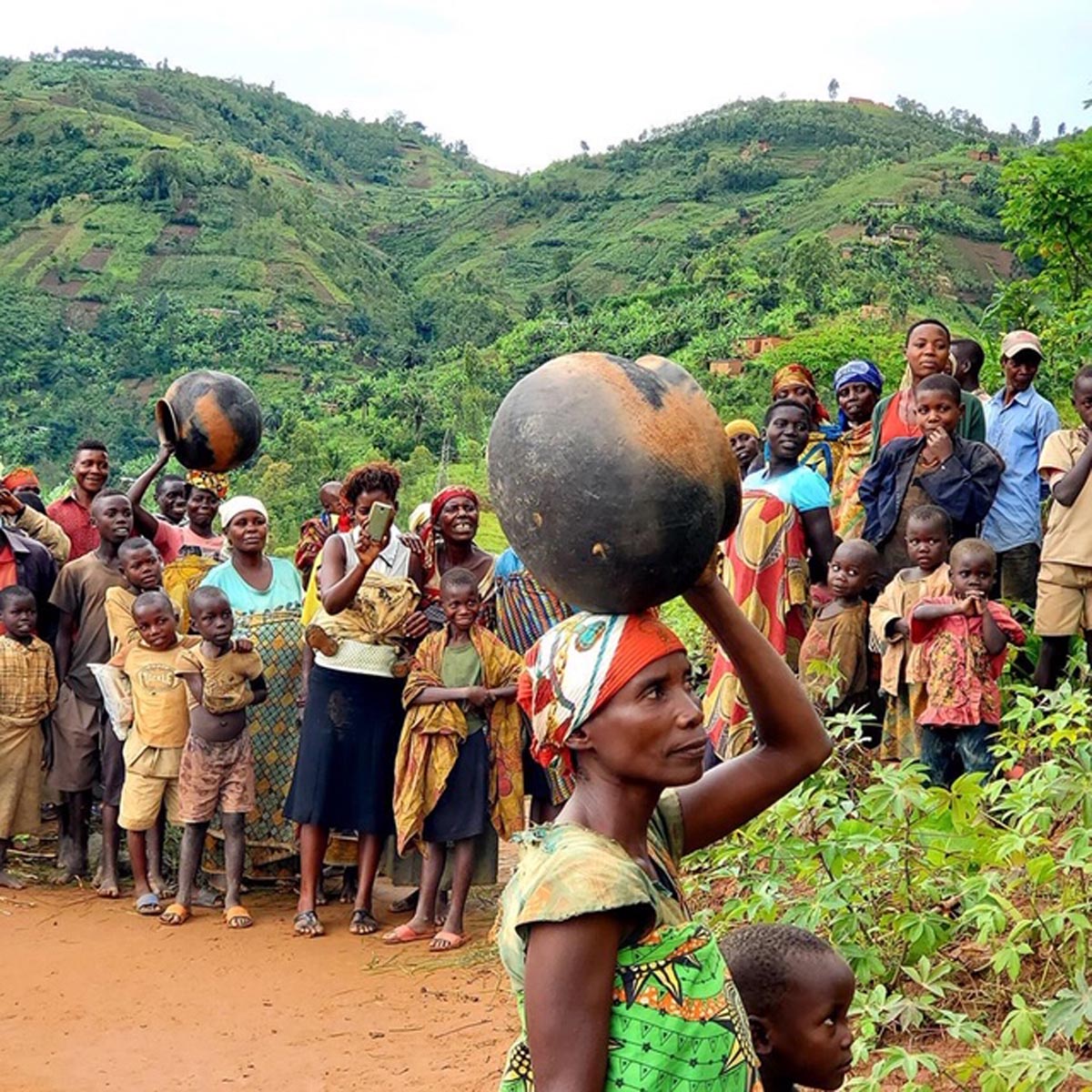
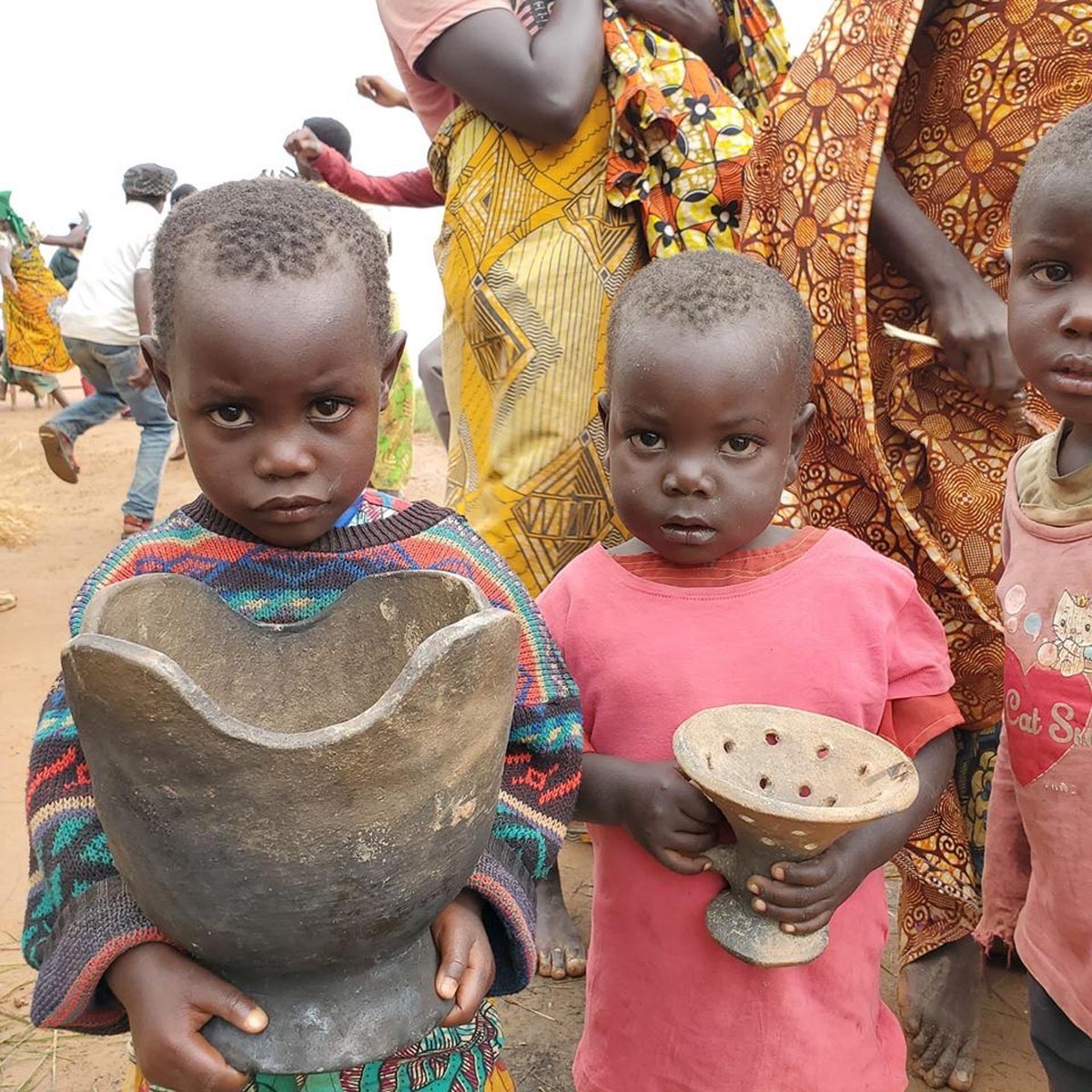
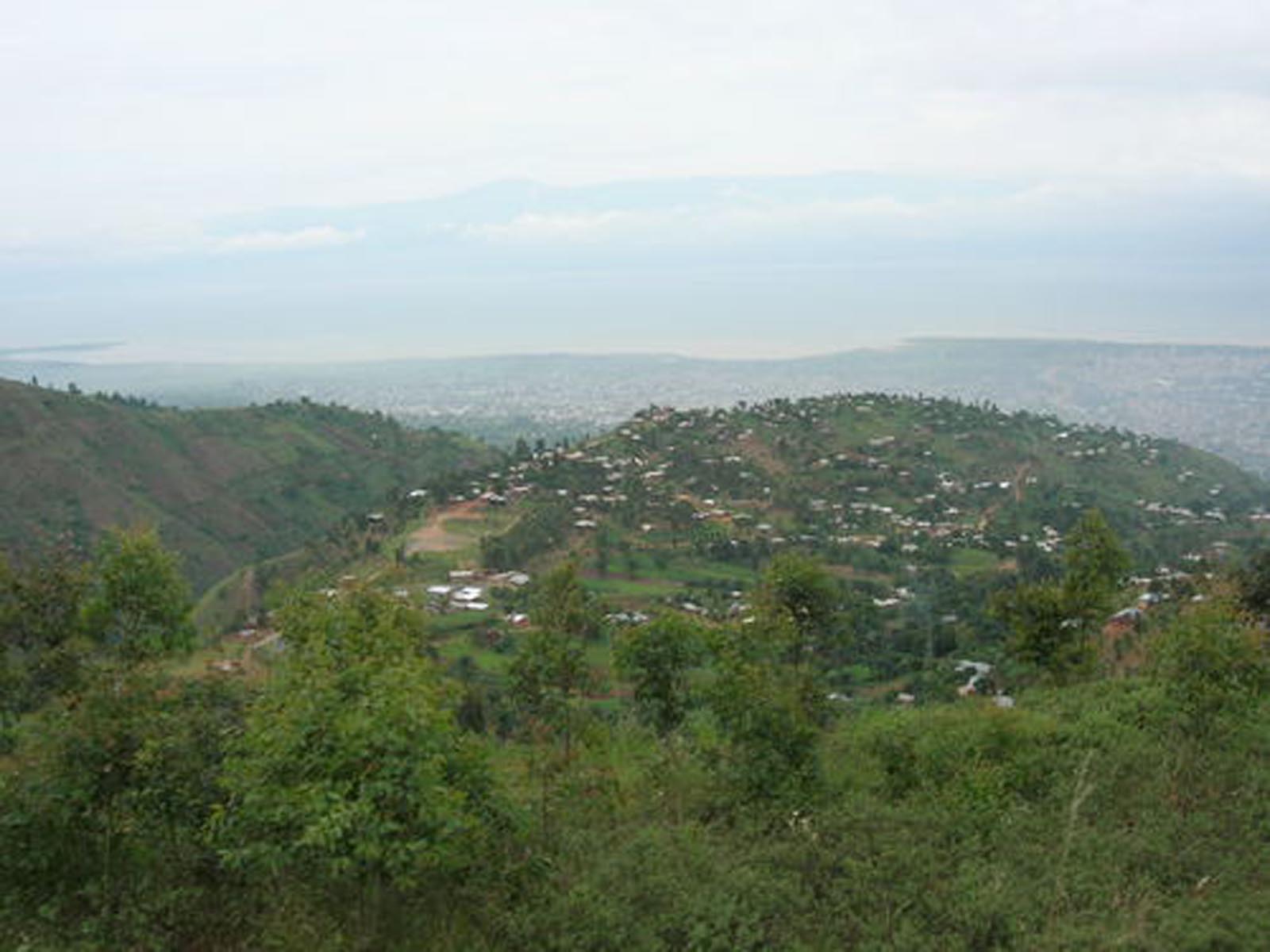
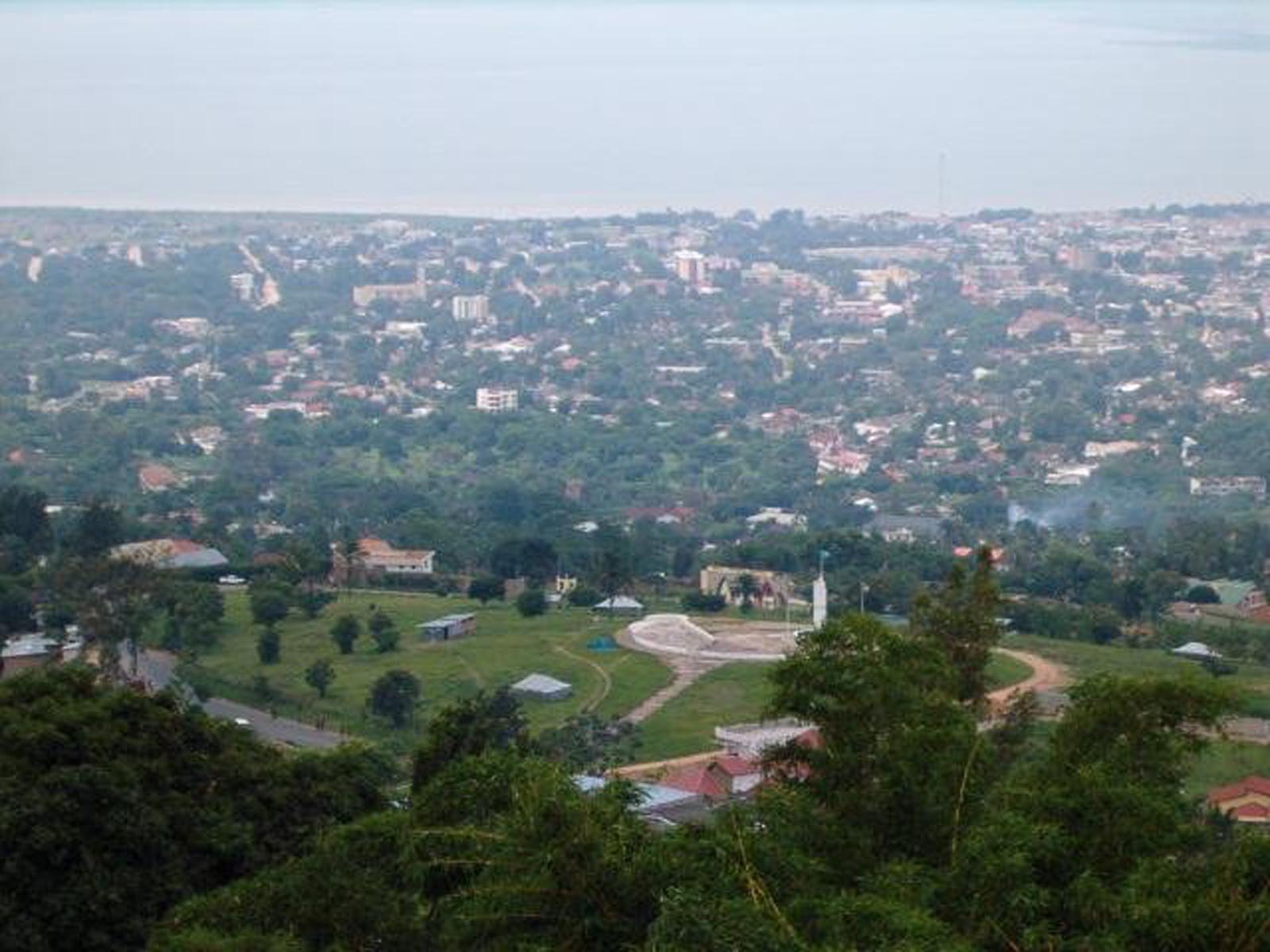
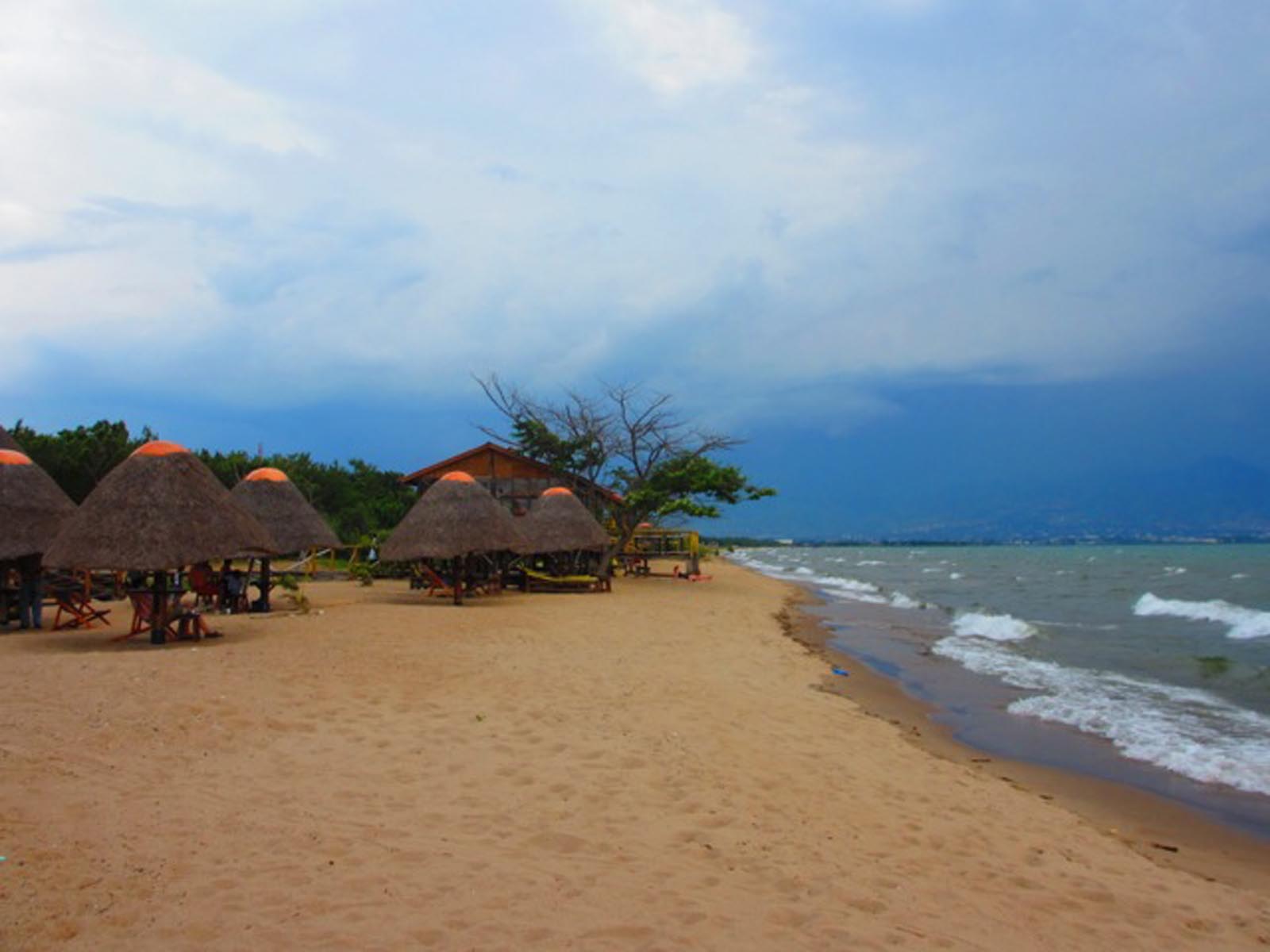
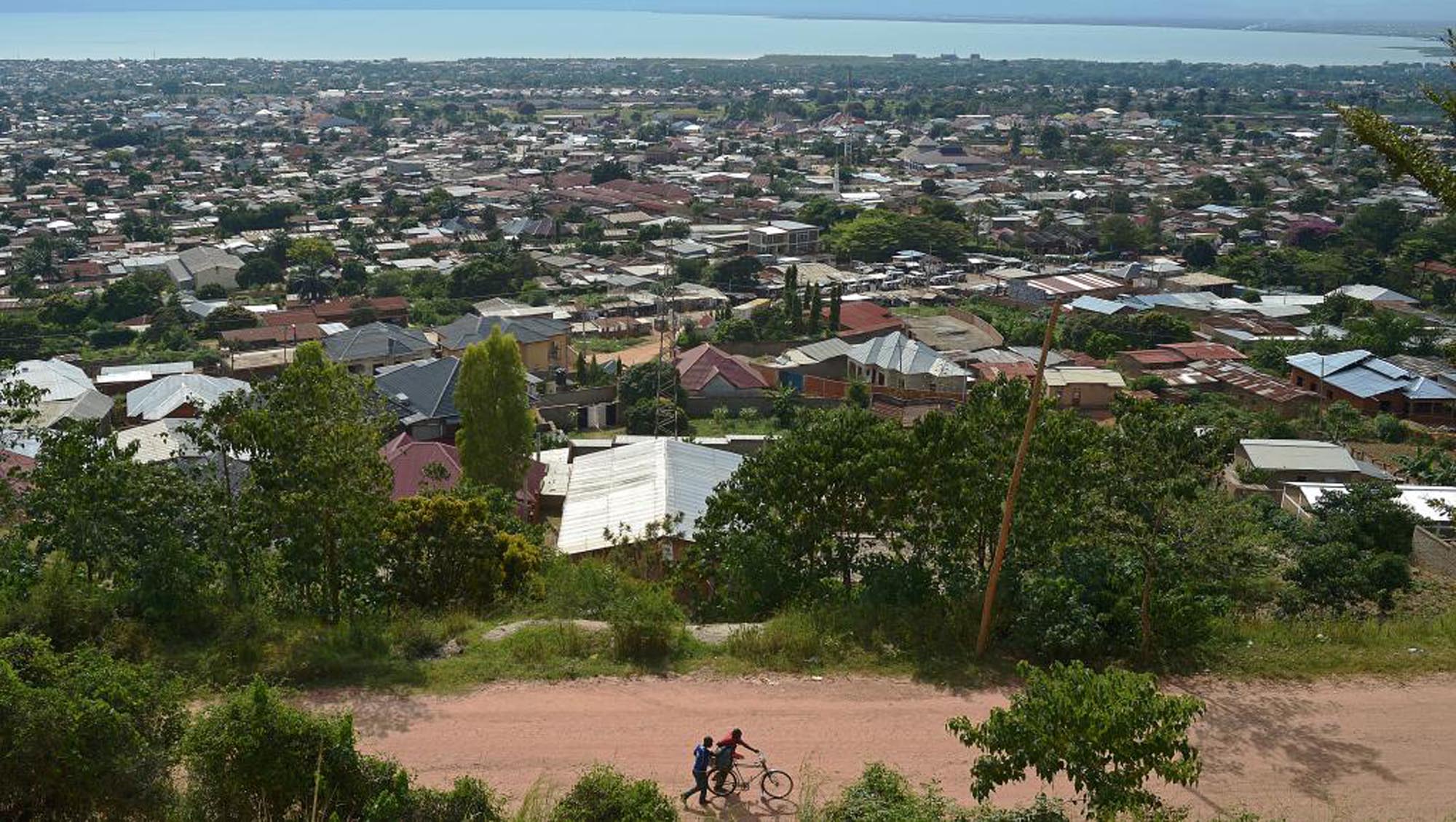
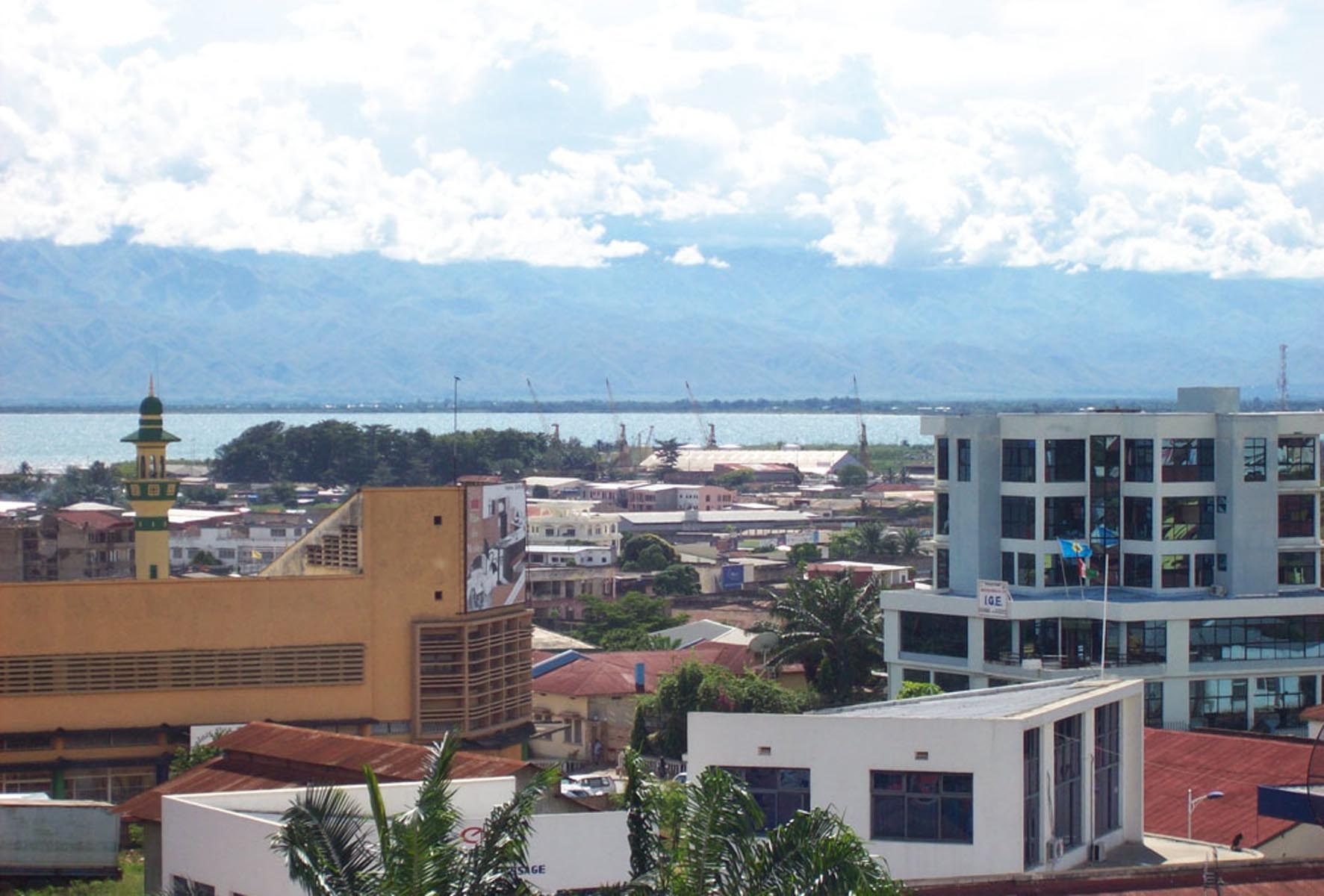
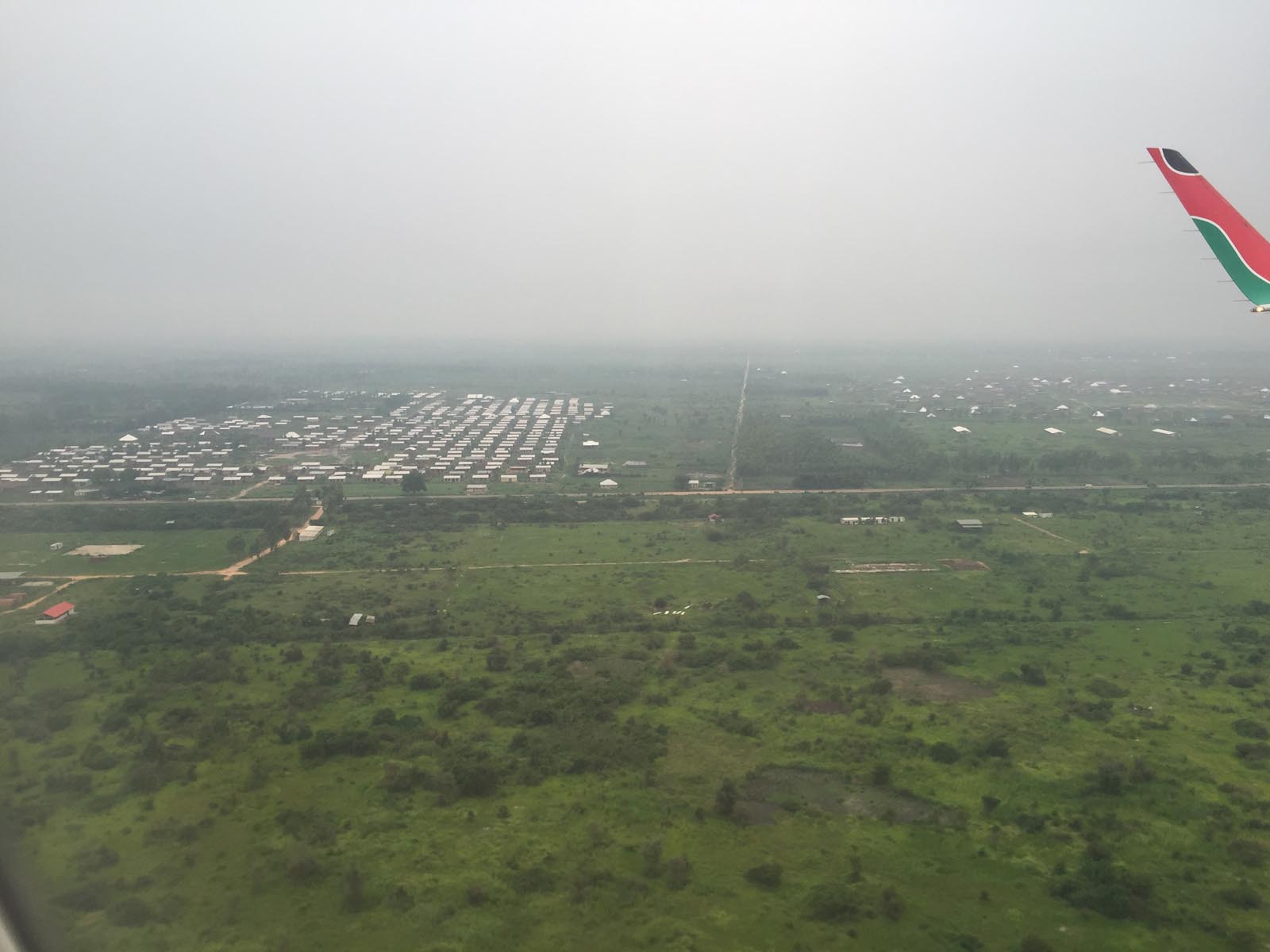

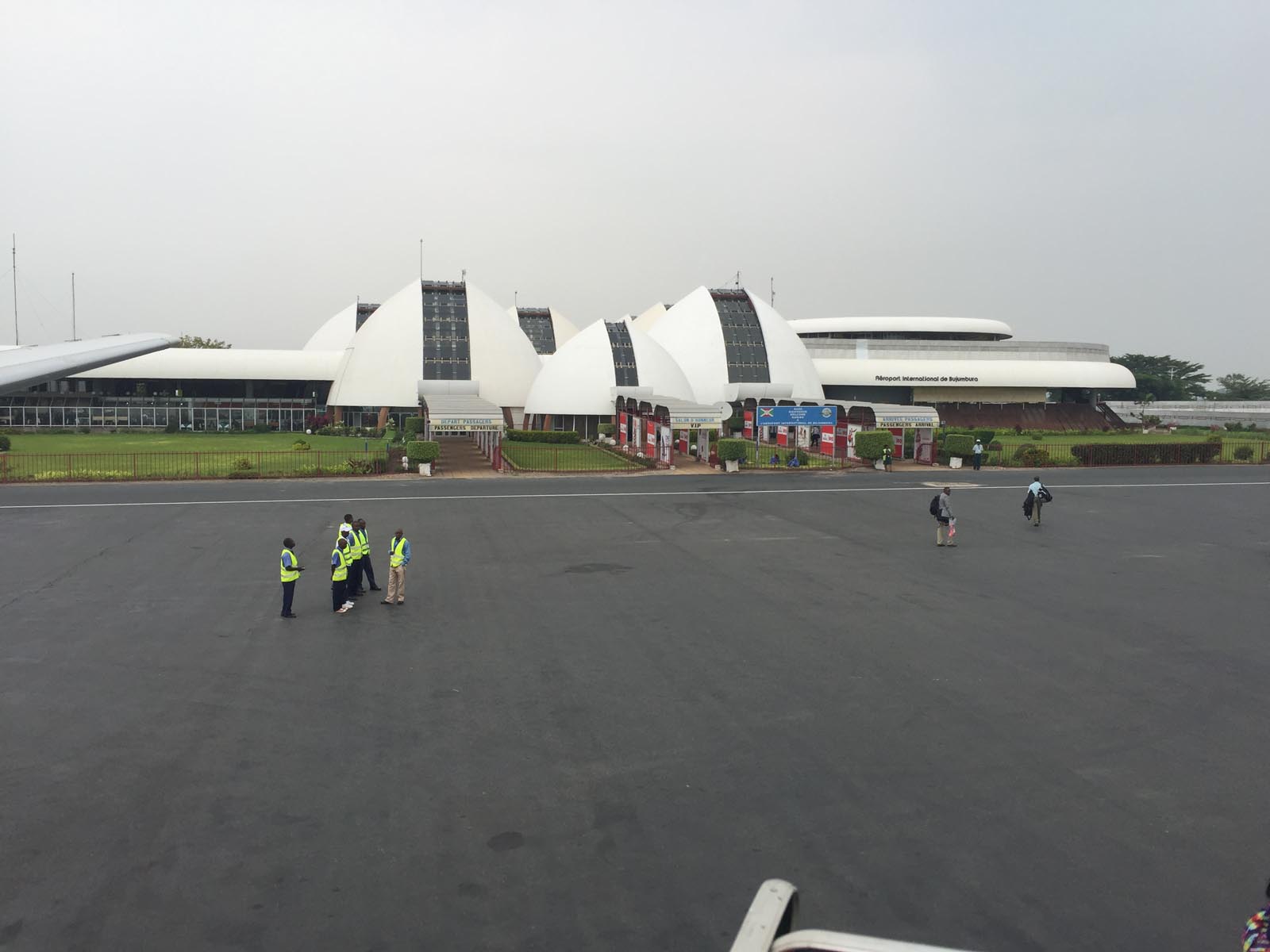
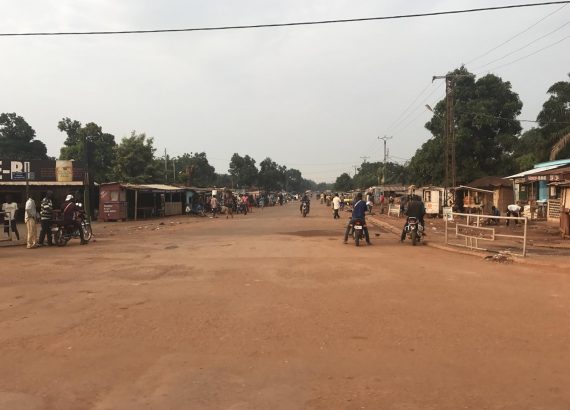
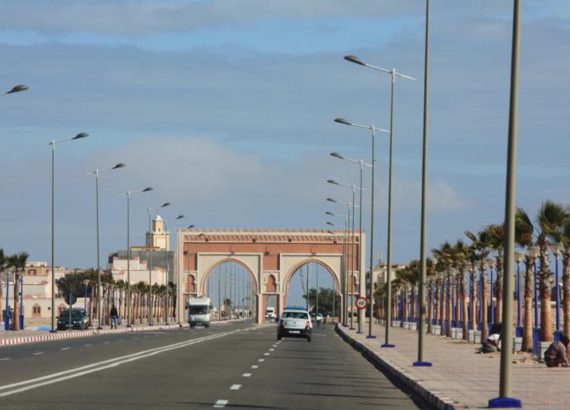
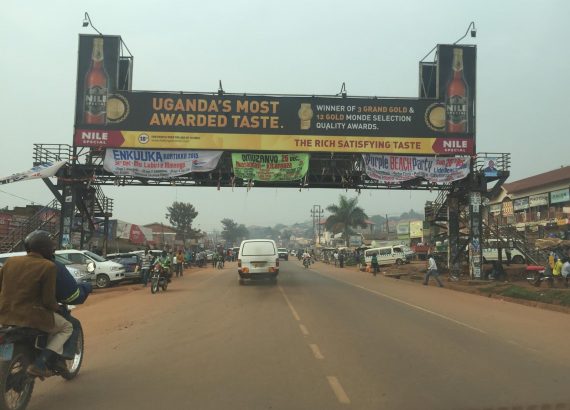
No Comments